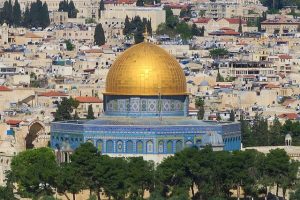The Meccan Climate, known for its extremes, attracts those planning Umrah Packages from Bari in 2025. Understanding this unique landscape is crucial for pilgrims, as it varies seasonally with distinct weather patterns and natural wonders. The city's climate impacts pricing, popularity, and experiences during Umrah packages, ranging from hot summers to chilly winters. Packing appropriately and staying hydrated are essential. Mecca's cultural value is deeply rooted in its climate, influencing traditions, architecture, and cuisine. By 2025, the city aims to enhance sustainability with renewable energy, advanced waste management, and eco-friendly design, revolutionizing its environmental footprint and offering economic opportunities.
“Embark on a spiritual journey to Mecca, where the climate is as diverse as its cultural tapestry. Understanding Meccan Climate offers a unique environmental experience, especially with the upcoming 2025 Umrah packages from Bari. This article delves into the impact of seasonality on these travel plans, exploring the weather patterns pilgrims can expect. We guide you through preparations for varying conditions and highlight the cultural adaptive practices in this sacred city. Additionally, we discuss future trends and the crucial role of climate action in shaping Mecca’s environmental landscape.”
- Understanding Meccan Climate: A Unique Environmental Experience
- The Impact of Seasonality on Umrah Packages from Bari in 2025
- Weather Patterns: What to Expect During Your Journey
- Preparations for Different Climatical Conditions
- Cultural Significance and Adaptive Practices in Mecca
- Future Trends and the Role of Climate Action
Understanding Meccan Climate: A Unique Environmental Experience
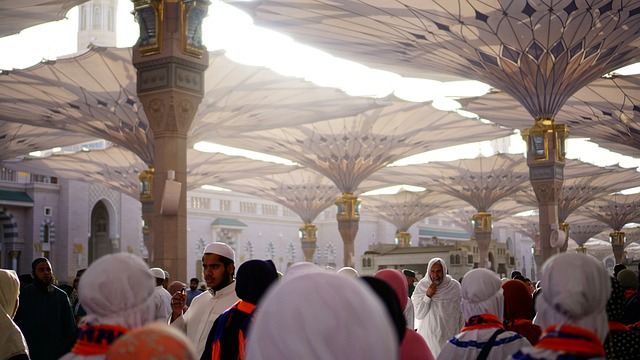
The Meccan Climate offers a unique environmental experience, attracting visitors from around the globe, including those considering Umrah Packages from Bari in 2025. This arid desert climate is characterized by extreme temperatures, with scorching summers and mild winters. The lack of significant rainfall contributes to its aridity, making it one of the driest regions on Earth. Despite this, the environment boasts a remarkable diversity of plant and animal life adapted to survive these harsh conditions.
Visitors to Mecca not only experience the spiritual significance of the city but also witness firsthand the resilience of nature in such an extreme setting. The climate supports unique ecosystems, from vast sand dunes to sparse oases and rocky landscapes. Understanding this environment is essential for anyone planning a journey to Mecca, ensuring they are prepared for the distinct weather patterns and natural wonders that await them.
The Impact of Seasonality on Umrah Packages from Bari in 2025
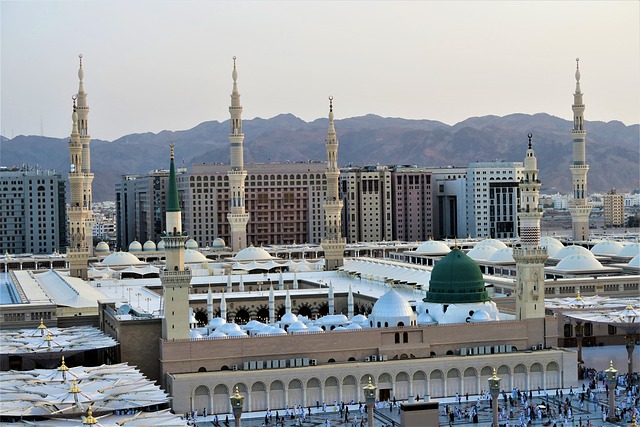
The Meccan climate, characterized by distinct seasonal variations, significantly influences the pricing and popularity of Umrah packages from Bari in 2025. The holy month of Ramadan, for instance, attracts a large number of pilgrims seeking to perform the Umrah during this auspicious time. Consequently, demand surges, leading to higher package costs. Conversely, off-peak seasons offer more affordable options, making it an ideal time for budget-conscious travelers.
Seasonality also plays a role in the overall experience. The warm summer months bring vibrant, bustling atmospheres to Mecca, while the cooler winter days provide a calmer setting. Umrah packages tailored to these periods cater to different preferences, ensuring pilgrims can choose the most suitable time for their journey based on both financial considerations and desired ambiance.
Weather Patterns: What to Expect During Your Journey
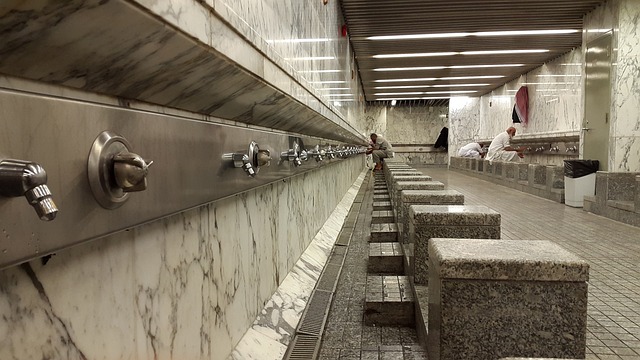
When planning your Umrah Packages from Bari in 2025, understanding the Meccan climate and its associated weather patterns is essential for a smooth journey. The city experiences a desert climate, characterized by hot summers and mild winters. Summers, from June to September, are particularly scorching with temperatures often exceeding 40°C. This period also sees minimal rainfall, making it crucial for pilgrims to stay hydrated and wear appropriate clothing.
Winters, from December to February, offer some relief with temperatures ranging between 15-25°C. While cooler, these months still have their warm days. Spring (March-May) and autumn (October-November) are transitional seasons with pleasant temperatures, making them ideal for exploring the holy city. Expect occasional rain during these times, contributing to a lush green landscape that contrasts with Mecca’s typically arid surroundings.
Preparations for Different Climatical Conditions
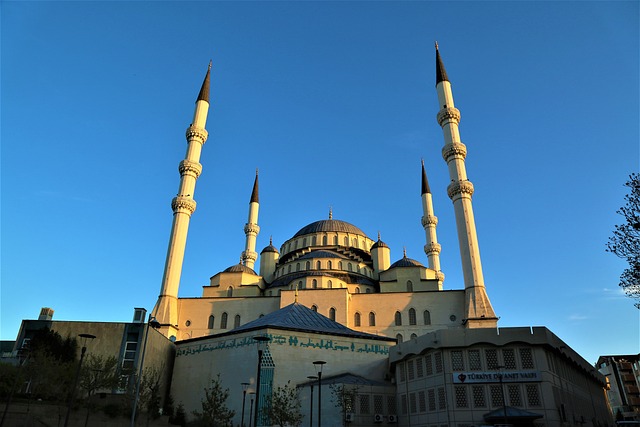
When planning an Umrah in 2025, it’s crucial to be prepared for a variety of climatic conditions. Meccan weather can be unpredictable, ranging from scorching heat during summer months to chilly temperatures in winter. For travelers booking Umrah Packages from Bari 2025, packing appropriately is essential. Lightweight, breathable clothing is ideal for the hot summers, while warm layers and accessories are necessary for colder seasons.
Additionally, being prepared includes bringing protective gear against strong winds and sand storms, common during certain times of the year. Comfortable walking shoes are a must, as pilgrims often cover significant distances in the holy city. Staying hydrated and protected from the sun is paramount, regardless of the season.
Cultural Significance and Adaptive Practices in Mecca
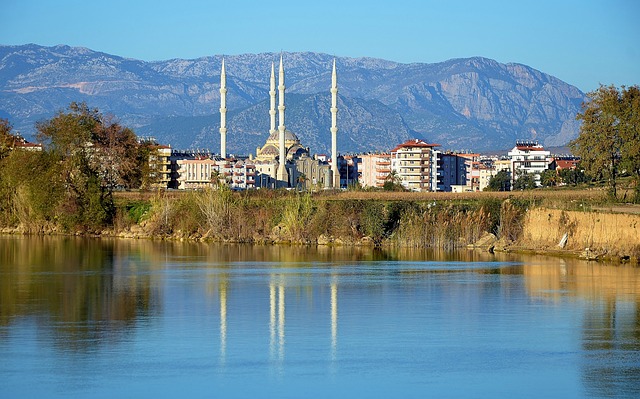
Mecca, as a sacred city for Muslims worldwide, holds immense cultural significance. The unique climate conditions shape not only the physical environment but also the adaptive practices and traditions of its inhabitants. During the holy month of Ramadan and the annual Hajj pilgrimage, including Umrah Packages from Bari 2025, the city experiences a surge in visitors, further emphasizing its importance. Local communities have developed strategies to cope with the extreme heat and limited water resources, such as traditional irrigation systems and efficient farming techniques that preserve food security.
These practices not only ensure the well-being of residents but also contribute to a resilient ecosystem. The cultural richness of Mecca is reflected in its architecture, cuisine, and art, all of which have evolved to meet the challenges posed by its arid climate. As a result, Mecca serves as an inspiring example of how communities can adapt and thrive in harsh environments while preserving their unique cultural heritage.
Future Trends and the Role of Climate Action
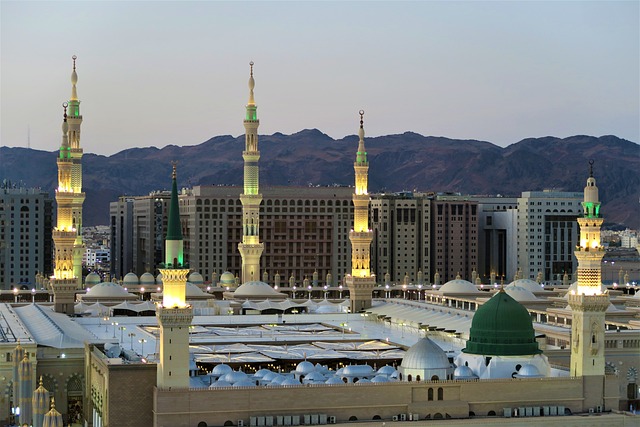
The future of Mecca’s climate is an intriguing prospect, especially with the increasing global focus on sustainable development and environmental conservation. As the world shifts towards a greener economy, cities like Mecca can play a pivotal role in shaping a more resilient and environmentally friendly future. By 2025, the city has the potential to become a leader in renewable energy adoption, offering Umrah Packages from Bari that emphasize eco-conscious practices. This transformation may include implementing advanced waste management systems, promoting electric mobility, and integrating green spaces into urban design.
Climate action is not just an environmental imperative but also an economic opportunity. Mecca can attract investors and tourists with its innovative sustainable initiatives. For example, the development of smart cities infrastructure could enhance energy efficiency, reduce carbon emissions, and create new job opportunities. Moreover, by prioritizing climate resilience, the city can safeguard its historical sites and cultural heritage from the impacts of climate change, ensuring that future generations can continue to experience Mecca’s unique charm.
The Meccan climate, with its distinct seasonal variations, significantly influences the experience of Umrah packages from Bari in 2025. Understanding these patterns allows travelers to prepare appropriately for their journey. By adopting adaptive practices inspired by local cultural significance, visitors can fully immerse themselves in this unique environmental setting. As we look ahead, climate action plays a crucial role in shaping the future of Mecca’s landscape and the sustainability of its sacred rituals, ensuring that Umrah experiences remain accessible and meaningful for generations to come.
